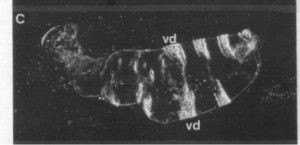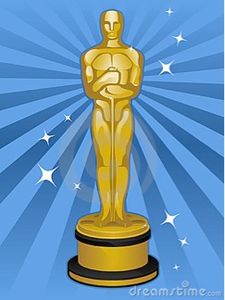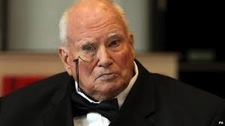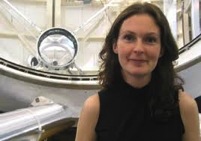by Juliane
I got a PhD. Doing it was very normal: I did research in a laboratory, during the 2nd year I started to realize that my supervisor wasn’t the all-knowing wise man I thought he was, and after my third year he finally grew tired of having me around, so he let me graduate. Then they gave me a piece of paper and told my that I am now allowed to introduce myself as Dr. Juliane.
And I felt nothing. I was sure I would be happy, proud, full of joy or at least relieved, but I wasn’t. Something really big, something that used to be my life had ended. The goal, I worked so hard to reach was achieved, but it didn’t feel like an achievement at all. Because, the minute after you get it, your PhD doesn’t matter any more! A PhD is your entrance ticket into the world of science. It proves that you are smart (or obsessed) enough to join the club. In the world of science everybody has a PhD and because of this it is nothing special. It is a little bit like learning how to walk, it is hard while you try, but after you mastered the task it is no big deal anymore, and just because you can walk it doesn’t mean you are a great athlete or endurance hiker. The same is true for science, just because you did a PhD, you are not a great scientist or even a mediocre scientist. Now we can walk, or have got the PhD, the real work begins. We have to stay in training, because you are only as good as your latest paper, or maybe your PI’s latest grant application. Often when you are busy writing three papers at once and trying to produce data for a grant application, it is akin to doing a PhD thesis all over again and it never really stops. Is this really the life I dreamed off when working on my PhD? The life I want for myself until I retire, always trying to have ideas good enough to convince editors and grant application committees? Never stop thinking about science and deadlines? Do I have to run, just because I can walk?
While I was working on my PhD, I and the other students were told that the goal is the PhD and everything else will fall in place after that; this is simply not true. With the little piece of paper that allows me to call myself Dr. Juliane, I stood in front of the gate leading into the gigantic mazy space that is ‘academic science’ and realized that it is just the very beginning of the big adventure. And exactly at this point, standing at the gate with the ticket, a life changing decision had to be made: Doing my PhD was great and I am proud of it. However, just because I got the ticket doesn’t mean that I have to go in. Just because you can walk, doesn’t mean you have to run a marathon, lots of people are much happier taking a stroll or doing some recreational jogging. The same holds true for science, there are a million different ways of using the basic skills we obtained during the PhD training: self-discipline, a high threshold for frustration, scientific thinking and understanding, critical reading, presenting data, efficiently working with eccentric personalities and on top of all this, the knowledge of our field and methods. Self-discipline is very important to start your own business, in science or otherwise; critical reading abilities and scientific thinking is a skill highly needed in banking and patent law, as well as scientific writing and editing; presenting data and getting other people’s help with your projects are great skills for freelancers as well as managers; and the specific skill set you acquired performing experiments in the laboratory might as well make you the expert some pharmaceutical company is looking for. Often we will have to build on the basic set; just like there is walking, but also running, skipping, jogging, strolling, sprinting, etc, there is basic science, applied science, law, management, starting your own business or becoming a movie director.
Enough with the walking metaphor, here comes the chocolate factory metaphor!! You have your PhD, it’s like finding the Golden Ticket; but just because you got the Golden Ticket, doesn’t mean that you will get the chocolate factory. You get a chance at getting it and what you do with this chance is entirely up to you. However, maybe you don’t like chocolate or after spending some time in the chocolate factory, realize that too much chocolate is bad for your health and that you would rather have a grilled cheese sandwich.
That is the great thing about our golden tickets, only the entrance value into the world of academic science expires (sort of). If you take it and frame it and put it on your wall, people you know who are not scientists will believe that you are a very smart person, since getting the ticket is already a great accomplishment. They are absolutely correct, most of them haven’t even tried. And just like I would never want to run a marathon, but admire people who train for it and finish 10099 out of 12000, people outside the world of science admire us for getting this far. At the very least getting a PhD proves to ourselves that we are smart and able to function under immense pressure. So let’s use our golden tickets in whatever way feels right to us, right now.







